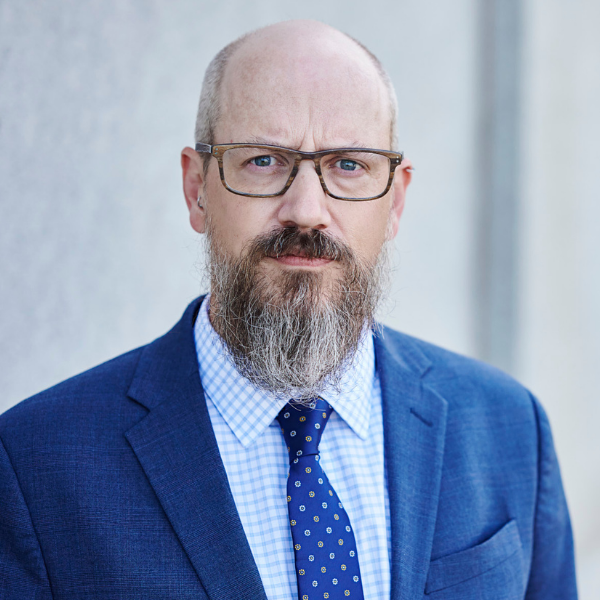Decriminalizing possession of small amounts would mean users not treated as criminals, says Spratt
More than 14,000 people in Canada have been killed by opioids since 2016. Last year, opioid-related overdoses killed around 12 people per day.
Over a six-month period in 2019 there were 2,142 opioid-related deaths. To put the magnitude of this crisis into perspective, the opioid death rate is more than double that of deaths from car accidents.
Justin Trudeau called the opioid crisis a “national public emergency.” He is right. But the federal government is not acting like it is.
Sure, the Liberals have taken some action. But increasing access to treatment, approving harm reduction initiatives and promoting awareness is weak gruel when so many Canadians are dying.
Despite calls from some in the Liberal caucus, the Liberal party, opposition MPs and experts, Trudeau and his government have refused to take the one step that would make the biggest difference to prevent drug related deaths: decriminalization.
Maybe this strikes you as a bridge too far. But ask yourself, what would the government be doing if we were not talking about people taking illegal drugs, but rather babies who were dying? The sad reality is that Canada’s continued criminalization of addiction is partially responsible for the trail of carnage and death left in the wake of opioid consumption.
The continued criminalization of drug use and possession means that many addicts and users are forced into secrecy out of fear of prosecution. Even privileged users – i.e., recreational or white-collar users – risk death from the stigma and fear of criminalization. It means that opioid overdoses are happening in dirty alleys and behind closed doors. The simple reality is that criminalization kills.
Prosecution of addiction is inconsistent with treatment and recovery. There is little drug treatment to be found in our courts or behind the cold walls of our jails. The inevitable and inescapable result of prosecution and incarceration is a doubling down on the cycle of marginalization: the loss of employment, housing, and community connections hat feeds continued drug use and sets the stage for tragedy.
Criminalization does not stop drug use. It just makes it more deadly.
But despite the rising death toll, Trudeau has consistently and categorically ruled out decriminalization as part of the opioid solution.
Enter Nathaniel Erskine-Smith, Liberal MP for Beaches-Seat York, who has consistently bucked the mainstream Liberal brand and chosen bold action over cheap words and cowardly politicking. Last month, Erskine-Smith introduced two private member’s bills to do what the government refuses to do: take real action on the opioid crisis.
Erskine-Smith’s first bill would delete the possession offence completely from the Controlled Drugs and Substances Act. This one-line amendment would mean that possession of small amounts of drugs for personal use would not be illegal. Trafficking drugs, selling drugs, importing drugs and possessing drugs for those purposes would still be illegal; but recreational drug use would no longer be a crime.
The decriminalization of addiction would treat users like patients and not as criminals.
By decreasing stigma and marginalization through decriminalization we could better rehabilitate and reintegrate patients. Decriminalization would allow scarce justice resources to be deployed to better tackle drug production, trafficking and serious violent crime. And it would reduce costs and ease the burden on our exploding jails.
But it would also take political courage. The Conservatives have already launched disingenuous attacks on Erskine-Smith and Trudeau has already ruled out PMO support.
And this brings us to Erskine-Smith’s second bill, which would not decriminalize drugs but would attempt to encourage diversion by requiring police and prosecutors to consider alternative sanctions before they move forward with charges.
Although this approach may not actually change that much on the ground there is a better chance that it would receive parliamentary support. This means that the bill could make it to committee where a robust and evidence-based record could be created that could help spur further reforms.
This second path is not bold or visionary; it is the incremental approach usually favoured by the Liberals. But addicts and recreational drug users don’t live incremental lives; they are dying today. An incremental and politically expedient approach is not the action we need in the face of what Trudeau rightly called a national public emergency.
By the time you are reading this, Erskine-Smith will have made his choice. He has said publicly that he prefers the first bill. But it is understandable if he chooses the second, because Trudeau and his government have already made their choice. But I can’t help but wonder what they would have chosen if it were babies who were dying?











